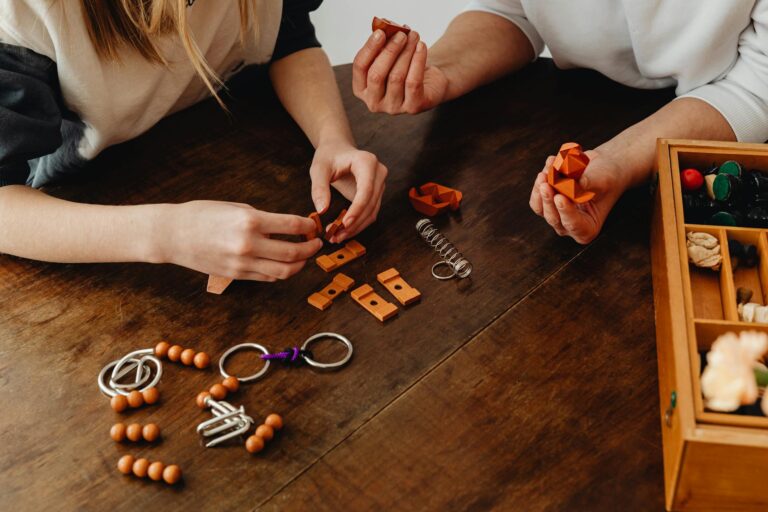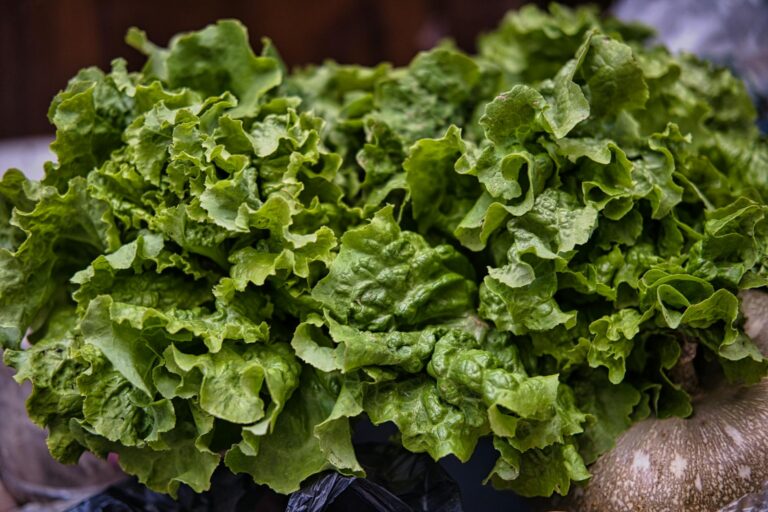Alzheimer’s disease is a progressive brain disorder that affects millions of people worldwide. It is a type of dementia that causes memory loss, cognitive decline, and difficulty performing daily tasks. As the disease advances, it can become challenging for a person with Alzheimer’s to complete simple household chores, such as drying dishes. If you have a loved one or know someone who has Alzheimer’s, here are some helpful tips on how to assist them in drying dishes.
1. Be Patient and Understanding
First and foremost, it’s crucial to be patient and understanding when helping a person with Alzheimer’s dry dishes. They may get confused or forget the steps, so it’s essential to remain calm and supportive. Remember that they are doing their best, and it may take them longer to complete the task.
2. Create a Safe and Familiar Environment
A person with Alzheimer’s needs a safe and familiar environment to perform tasks. Before starting to dry dishes, make sure the kitchen area is well-lit, and there are minimal distractions. Remove any clutter that may cause confusion or accidents. Also, use familiar items, such as their favorite dish towel or a plate they often use, to make them feel comfortable and at ease.
3. Break Down the Task into Smaller Steps
Drying dishes may seem like a simple task, but for someone with Alzheimer’s, it can be overwhelming. To make it easier for them, break down the task into smaller, more manageable steps. For example, you can start by handing them a wet dish and showing them how to hold it with a towel properly. Then, guide them to wipe the dish and place it on the drying rack. Repeat this process for each dish until they are finished.
4. Use Visual Aids
Visual aids can be extremely helpful for people with Alzheimer’s as their memory and cognitive abilities decline. You can create simple visual aids or use pictures to show the steps of drying dishes. Place these aids in a visible location, such as on the wall near the sink or on the counter, to serve as a reminder and guide.
5. Provide Verbal Cues and Encouragement
Verbal cues and encouragement can play a significant role in helping a person with Alzheimer’s dry dishes. Using short and straightforward instructions, guide them through each step of the task. For instance, you can say, “Now, take the dish and wipe it with the towel,” or “You’re doing a great job, keep going.” These cues and words of encouragement can boost their confidence and motivate them to complete the task.
6. Be Flexible and Adapt to Their Abilities
As Alzheimer’s progresses, a person’s abilities may change. Therefore, it’s essential to be flexible and adapt to their abilities. If they are struggling with drying dishes independently, offer them more support and guidance. You can also assign them easier tasks, such as drying plastic containers or utensils, to help them feel useful and accomplished.
7. Take Breaks and Allow for Rest
Drying dishes may seem like a simple task, but it can be physically and mentally tiring for someone with Alzheimer’s. It’s crucial to take breaks in between and allow for rest if needed. This will not only prevent exhaustion but also give them time to process the information and instructions.
8. Consider Using Dish Drying Racks
Investing in a dish drying rack can make the task of drying dishes easier for someone with Alzheimer’s. These racks are designed to accommodate different dish sizes and can be easily placed on a countertop or sink. This eliminates the need for lifting heavy dishes and reduces the risk of accidents.
9. Make it a Social Activity
Drying dishes together can be a great way to bond with someone with Alzheimer’s. Make it a social activity by involving them in conversations or playing their favorite music in the background. This will not only make the task more enjoyable but also provide a sense of companionship and connection.
10. Seek Professional Help If Needed
Lastly, if you find that your loved one is struggling with daily tasks, including drying dishes, it may be time to seek professional help. Occupational therapists can provide personalized strategies and techniques to assist with daily activities and improve the overall quality of life for someone with Alzheimer’s.
In conclusion, helping a person with Alzheimer’s dry dishes may require some extra effort and patience, but it can also be a rewarding experience. By following these tips, you can make the task more manageable for both of you and promote a sense of independence and accomplishment for the person with Alzheimer’s. Remember to be patient, understanding, and adapt to their abilities as the disease progresses. With your support and encouragement, they can continue to perform daily tasks and maintain their sense of self-worth and dignity.





